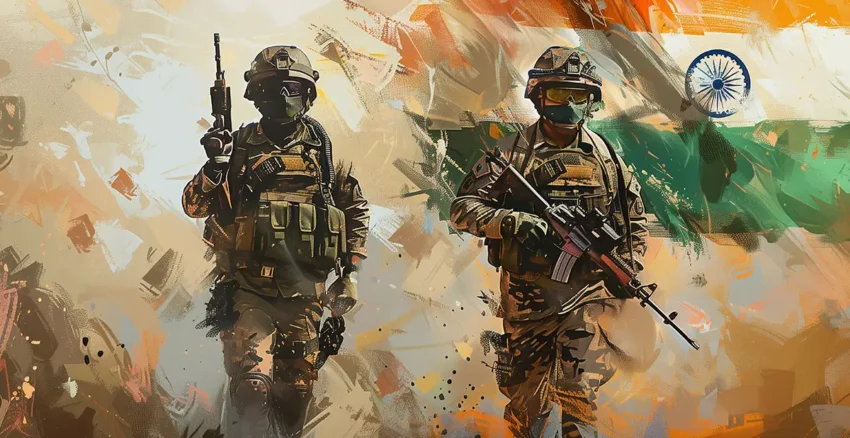India’s Strong Reply to Pakistan After Pahalgam Attack: Bans, Deportations & More
3 bold moves, closed skies, and deportations signal rising India-Pakistan tensions
India has taken tough and clear actions against Pakistan after the terror attack in Pahalgam, Jammu and Kashmir, on April 22, 2025, where 26 innocent Indian tourists were killed. These steps aim to send a strong message: India will not tolerate terror backed by any nation.

Let’s understand what happened and how these bans will affect both countries.
1. Imports from Pakistan Banned
India has stopped all imports from Pakistan, meaning no goods can enter the Indian market. This includes textiles, spices, cement, and other items.
Why this matters: Pakistan earns precious foreign currency from exports. Cutting off trade hits its economy hard, while India easily finds alternatives from other countries.
2. Pakistani Ships Not Allowed
No Pakistani ship can dock in any Indian port. This further blocks trade and weakens maritime cooperation.
3. No Postal or Courier Services
India has stopped all mail or parcel services to and from Pakistan. This affects people-to-people contact and businesses relying on small deliveries.
4. Airspace Closed for Pakistani Aircraft
India has now closed its skies to all Pakistani-registered aircraft — commercial or military. This step came after Pakistan first banned Indian flights.
Result: Flights between Europe and Asia are now longer and more expensive for both nations, especially Pakistan, which has fewer alternative routes.
5. Deporting Pakistani Citizens
India also canceled visas of Pakistani nationals and began sending them back.
In many emotional cases:
Women married to Indian men were told to leave
Some families were split apart
Courts gave relief to only a few on humanitarian grounds
“Why punish families for what terrorists did?” — asked a woman at the Attari border.
6. Indus Waters Treaty Suspended
India suspended the 64-year-old Indus Waters Treaty, a major agreement that gave Pakistan access to water from rivers originating in India. This could deeply impact Pakistan’s agriculture and water supply.
Pakistan’s Reactions
Pakistan responded by:
Expelling Indian diplomats
Cutting trade and flights
Test-firing a missile
Suspending the Simla Agreement
Who Will Face More Loss?
Let’s be honest — both countries will face losses, but the impact on Pakistan will be more severe. Here’s why:
Pakistan relies more on Indian goods and air routes than the other way around.
Its economy is already under pressure due to inflation, IMF loans, and political instability.
The Indus river water is critical for Pakistan’s farming — a suspension could lead to crop failures and water shortages.
India, on the other hand, has diverse trade partners, a strong aviation network, and enough water reserves to manage without much disruption.
India and Pakistan’s border has been tense for decades, but this is the first time India has hit back so widely in one day — through air, water, land, and diplomacy.
Inflect.in — Your daily dose of stories that inform, inspire, and ignite curiosity. Follow us for more!
Inspire
Latest Post

AI in Healthcare: Smarter, Faster, and Accessible

Is Co-Sleeping Safe for Babies? Pros, Risks,

Pomegranate Benefits: Why Eating Anar or Drinking

Ma Yansong: Shaping the Future of Architecture

AI in Healthcare: Smarter, Faster, and Accessible

Is Co-Sleeping Safe for Babies? Pros, Risks,

Pomegranate Benefits: Why Eating Anar or Drinking








